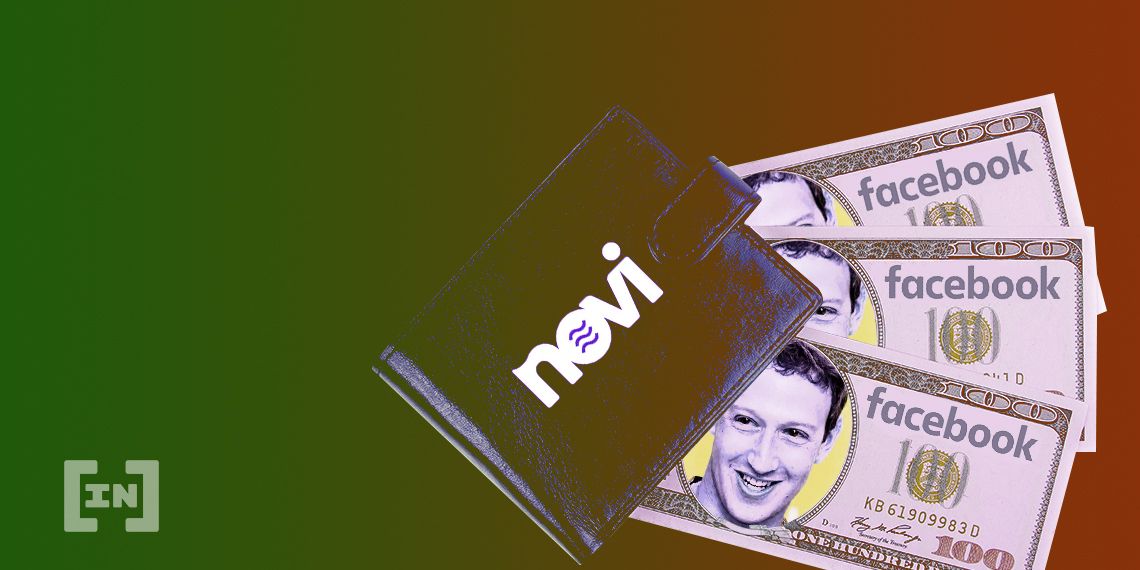The curtain will fall on Meta Platforms’s embattled stablecoin project after a brief run as a tool for money transfers.
The social media platform announced that the Novi digital wallet pilot would end on Sept 1, and advised all users to withdraw funds at their earliest convenience. No deposits into the wallet will be allowed after July 21, and users’ transaction history and other data will be inaccessible from Sept 1.
The Novi app will be taken down from app stores. However, technology from Novi developed over many years will have a place in the metaverse plans of Meta, the company told Bloomberg, having already tested non-fungible tokens in its Web3 efforts.
Meta’s fateful journey into payments space
Meta’s foray into digital currencies was spearheaded in 2018 by David Marcus, who left the company in Nov 2021, and Morgan Beller, a former partner at Andreessen Horowitz.
Initially named Libra, the project aimed to help people store, transfer, and spend money internationally for a meager fee. Unlike bitcoin, Libra would be backed by low-risk assets, including U.S. Treasuries and bank deposits.
The project attracted key early backers, including Uber, Spotify, Vodafone, Visa, and MasterCard. To allay regulators’ fears regarding the project’s connection to Facebook, Meta’s previous name, Marcus and Beller created the Libra Foundation in Switzerland, of which Facebook was a member.
But Marcus was given the cold shoulder when he tried to woo Washington regulators in 2019. Key politicians voiced their distrust of Facebook, and soon, some early backers began pulling out.
Not long after that, Libra was renamed Diem, and Facebook’s digital wallet, which had previously been called Calibra, became Novi.
Diem said that the U.S. dollar would back the new eponymous currency. A pilot was planned for spring 2021 that would issue a small amount of Diem and launch Novi.
But the U.S. Treasury said “No,” and Marcus then launched the Novi wallet pilot with stablecoin Paxos (USDP) in Oct 2021, with plans to migrate to the Diem payments network.
The latter never materialized, and Diem’s assets were sold to Silvergate Capital this Jan. Silvergate will launch its stablecoin project later this year using Diem’s assets.
WhatsApp payments set to be disabled
The Novi wallet catered to users in the United States and Guatemala. The local currency could be purchased with a debit card and sent to the wallet, where it would be stored in USDP. From there, users could send the funds to another wallet. The recipient could withdraw the money in their local currency.
After that, Meta launched Novi for WhatsApp in the U.S., where payments could take place over an encrypted chat.
Novi will no longer be available on WhatsApp after the Sept 1 deadline.
Disclaimer
In adherence to the Trust Project guidelines, BeInCrypto is committed to unbiased, transparent reporting. This news article aims to provide accurate, timely information. However, readers are advised to verify facts independently and consult with a professional before making any decisions based on this content. Please note that our Terms and Conditions, Privacy Policy, and Disclaimers have been updated.



